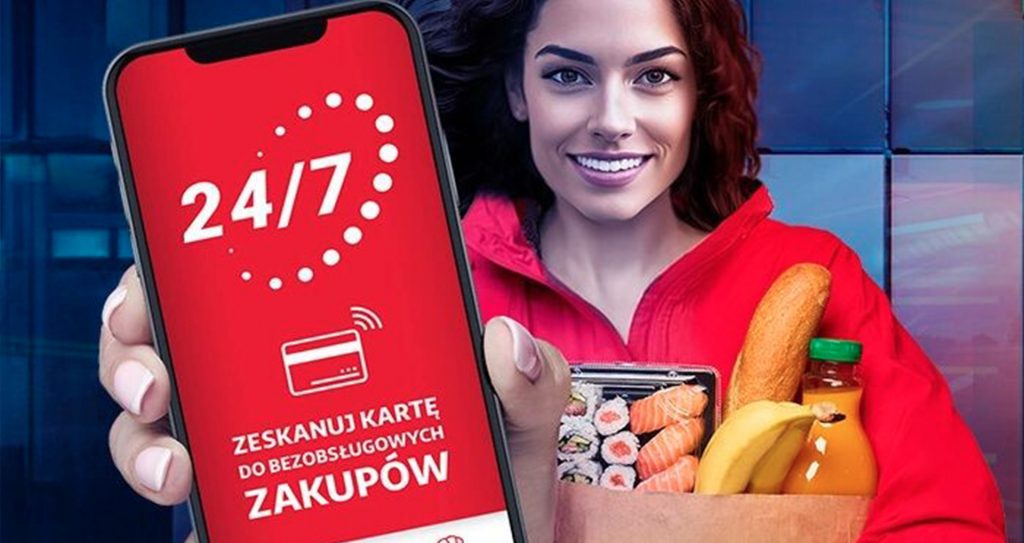Shrink is Retail’s Biggest Problem. Computer Vision is the Solution
We need to talk about retail theft. Globally, incidents of retail crime have seen a dramatic jump in recent years, leading to substantial losses. In the US alone, shrink accounted for $112.1 billion in losses in 2022, according to the recently published 2023 National Retail Security Survey, driven both by external and internal (employee) theft.
Many retailers are reporting their highest theft-related losses to date. Target has estimated $500 million in theft losses in 2023. Lowes reported a $1 billion hit, and TJX is expecting its 2023 shrink-related losses to be $150 million higher than in 2022.
As retail crimes skyrocket, we see retailers scramble for solutions, and be creative about it. Walmart is experimenting with bringing local police inside its stores and is reducing self-checkout lanes, which are known to contribute to shrink. In the UK, major retailers like Tesco and Aldi are introducing body cameras to protect staff from violent crime. Wawa is testing a no-shelf format in an attempt to fight shoplifting and other “violent incidents.” Other retailers are simply shutting down stores that are especially vulnerable to theft. According to NRF’s survey, retailers reported being forced to close a specific store location (28%), reduce operating hours (45%) or reduce or alter in-store product selection (30%) as a direct result of retail crime.
The shrink epidemic is expected to continue to grow, eroding retailers’ bottom line and impacting consumer prices, unless effective deterrents are put in place. The search for a solution to the shrink problem–one that does not deflate the shopping experience–creates an opportunity for retail innovation. This can be seen in investment figures. In its October 19 retail newsletter, research outlet CB Insights reported that while overall retail tech funding declined in Q3/23 by 13% quarter-over-quarter, store tech was the only retail tech sector where funding rose 59% QoQ and deals increased 3% to 39. According to CB Insights, the majority of investment is funneled to the loss prevention tech market (in which Trigo is highlighted as the most-funded player). More than half of the retailers participating in NRF’s survey said they had increased their technology and software solution budgets in the past year in an attempt to address the rising shrink risk.
How computer vision-powered store automation technology prevents shrink
Computer vision-based store automation solutions can significantly reduce and even eliminate multiple shrink cases. To understand how, we need to go over the basics. The technology leverages data from a network of ceiling cameras and smart sensors to provide a highly accurate, real-time, 3D view of the store environment and anyone in it. To enable frictionless checkout, the technology tracks and monitors every shopper (anonymously!) and their interactions with products, assigning and updating a digital shopping basket for each shopper or group. In this way, the technology obtains the most accurate read of each shopper and the products they took, significantly lowering human errors and opportunities to commit fraud.
Trigo works closely with retail partners to design the shopping experience that best meets their needs. This includes decisions on such store elements as smart gates (which open automatically once a payment is detected), payment methods (via store app, credit or mobile tap, or smart checkout station), and whether a store is 100% autonomous or hybrid. All these decisions may have an impact on a store’s crime resilience. Together with our retail partners, we develop the most fitting and effective intervention once a theft or suspicious behavior is detected, effectively minimizing theft.
But there are more ways that computer vision in-store reduces shrink. The first is a bit surprising in its simplicity. It turns out that the visible network of ceiling cameras that are part of the smart store transformation is a powerful psychological theft deterrent. We learned from retailers we work with that known fraudsters have stopped frequenting their stores since Trigo’s technology was installed.
The cameras and sensors do much more than serve as a digital “scarecrow” – they provide retailers with the most complete, accurate in-store data and analytics. Unlike CCTV and other recording technology, computer vision AI-powered solutions collect and analyze valuable behavioral data (fully anonymized) that helps retailers identify criminal patterns and other behaviors that lead to shrink. This data is not reliant on identifying information that leads to assumptions based on gender, age, or ethnicity bias. This may include statistics regarding customers who go out of the store without paying at all, customers who did not pay for some items, categories with higher shrink, etc. In hybrid autonomous stores traditional self-checkouts can be reinforced with computer vision to dramatically improve consumer experience and simultaneously reduce shrink; delivering a comprehensive scan-free shopping experience that ensures every item selected by the consumer is verified, validated, and paid for.
Finally, the technology first introduced to address the problem of ineffective checkout processes contributes to a safer retail environment by reducing dependency on checkout employees. It enables the redistribution of store workforce towards shopper experience, maintenance, and security jobs. The technology also minimizes significantly employee fraud, theft, and “sweethearting.”
Data from Trigo-powered stores show that the technology is able to reduce shrinkage by up to 70%.
Not just theft
Retail crime is one, albeit significant piece of the shrinkage pie. Other factors contributing to shrink include unintentional theft (for example, when shoppers accidentally bag an unscanned item at the self-checkout counter), human error by the checkout staff (for example, when items are not properly scanned or when the wrong change is handed out), and waste. The latter is a major concern for grocers, who must minimize waste to improve their profit margins as well as meet customers’ sustainability expectations. A recent Capgemini survey found that 69% of consumers would rather shop with retailers that use automation technology in their operations to reduce food waste.
The application of computer vision and AI technologies in-store can power better, more accurate product management to reduce waste and avoid stockouts, as well as power effective waste-reduction measures such as dynamic pricing and reduce-to-clear. Trigo’s solution provides retailers with newfound real-time in-store visibility to enable predictive, data-driven stock management and replenishment processes that help retailers minimize waste and improve food security.










